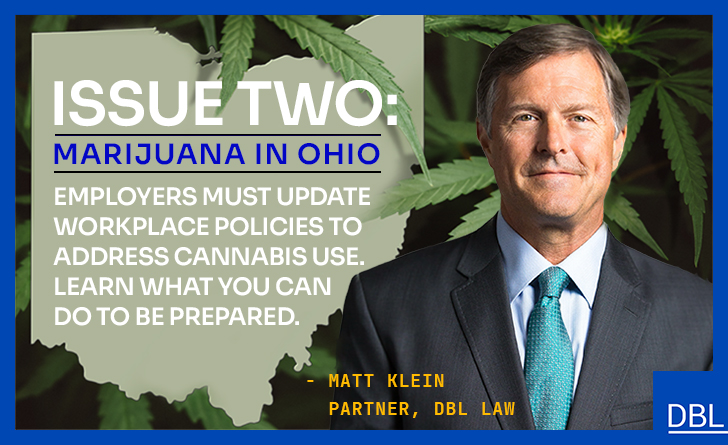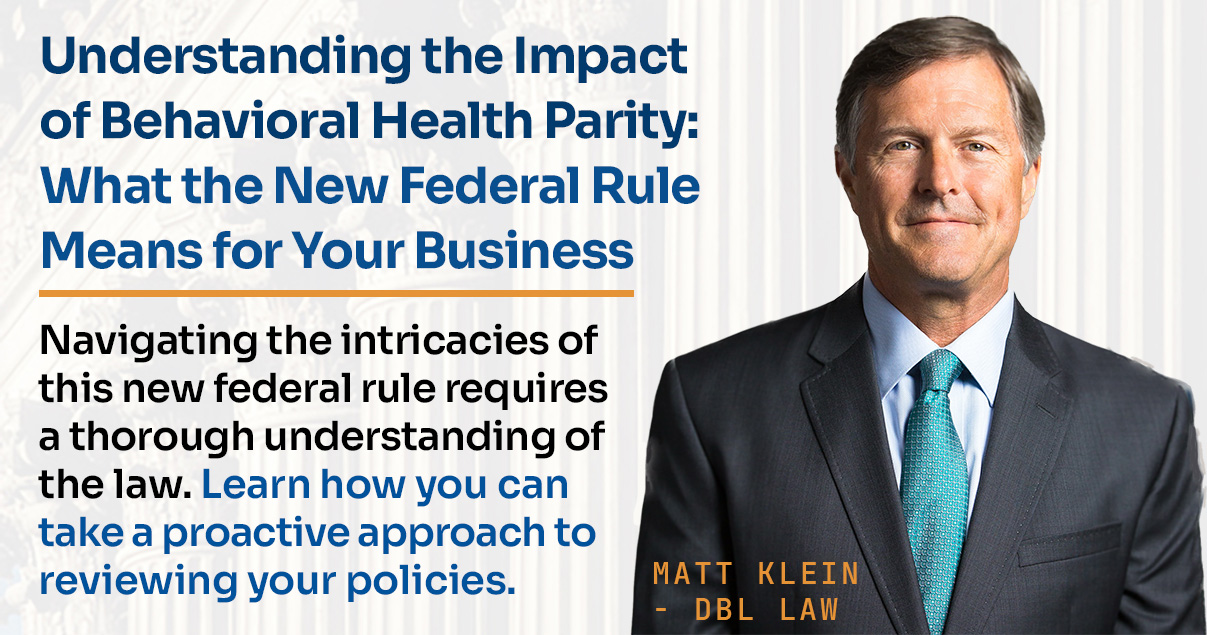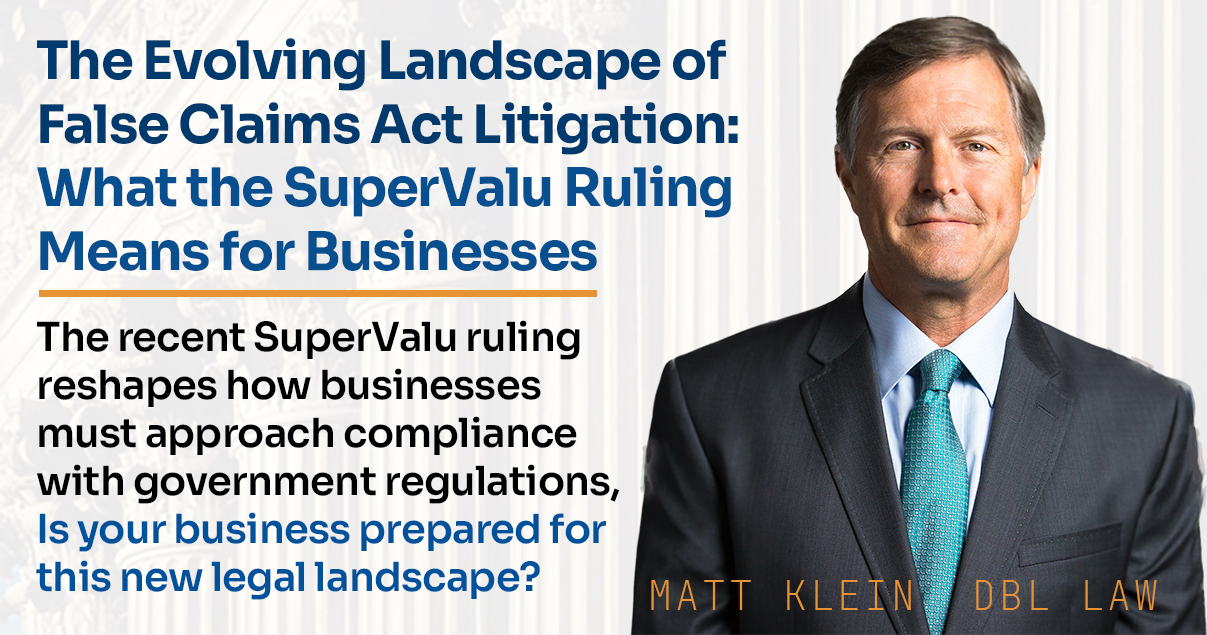Issue 2 proposes to legalize the recreational use of marijuana in Ohio. Like any other significant legislation, it has its proponents and detractors; ‘people are for it or not.’ Regardless, its passage is taken as a given. Ohio is far from taking the lead on this issue, as 23 states have already legalized recreational use. Thirty-eight states have legalized medical use.
But it is somewhat of a misnomer to characterize Issue 2 simply as ‘recreational use.’ Issue 2 piggybacks on the experiences of other states and sets forth a comprehensive regime for cannabis regulation. It has ambitious goals: regulating marijuana like alcohol, generating new tax revenues, remedying failed marijuana policy, and ending the black market. But how will it impact employers? In theory, not much.
While the first medical marijuana dispensaries were opened in early 2019, it was not until late in 2021 that the Ohio General Assembly codified employer rights in Ohio Rev. Code §3796.28. Issue 2 mirrors the employer protections that are currently part of the regulatory scheme governing medical use in Ohio. Specifically, under Ohio Rev. Code §3870.35, nothing in the new law would:
– Require an employer to permit or accommodate an employee’s use, possession, or distribution of adult use cannabis;
– Prohibit an employer from refusing to hire, discharging, disciplining, or otherwise taking an adverse employment action against a person with respect to hire, tenure, terms, conditions, or privileges of employment because of that person’s use, possession, or distribution of cannabis;
– Prohibit an employer from establishing and enforcing a drug testing policy, drug-free workplace policy, or zero-tolerance drug policy;
– Interfere with any federal restrictions on employment (i.e., Drug-Free Workplace Act);
– Permit a person to commence a cause of action against an employer for refusing to hire, discharging, disciplining, discriminating, retaliating, or otherwise taking an adverse employment action against a person with respect to hire, tenure, terms, conditions, or privileges of employment related to an individual’s cannabis use;
– Affect the authority of the administrator of workers’ compensation to grant rebates or discounts on premium rates to employers that participate in a drug-free workplace program; and,
– An individual who is discharged from employment because of that person’s use of cannabis shall be considered to have been discharged for just cause if the person’s use of cannabis was in violation of an employer’s drug-free workplace policy, zero-tolerance policy, or other formal program or policy regulating the use of cannabis.
While the legal framework appears to be in place to accommodate recreational use, employers can’t, and generally don’t, view the prospect of recreational use through rose (or cannabis) colored glasses. The reality of cannabis use is well-documented. Demonstrated effects include sedation, disorientation, impaired judgment, lack of concentration, and slowed fine motor skills, all of which can contribute to delayed decision-making, impaired learning, and memory and attention deficits. One study, reported by the National Institute on Drug Abuse, found 55% more industrial accidents, 85% more injuries, and 75% greater absenteeism among employees who tested positive for marijuana compared to those who tested negative. Employers must update their workplace policies to address cannabis use responsibly while considering employee rights and safety concerns.
Contact Matt Klein and the employment attorneys at DBL Law to review and update your workplace policies to ensure that your organization is best positioned for this change in the legal landscape.





